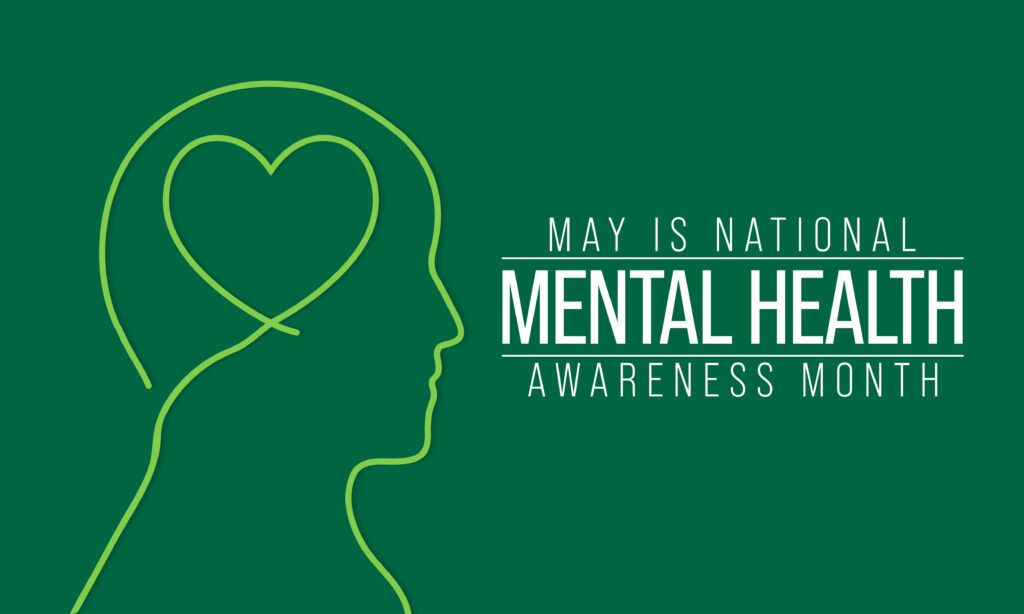Details
We are deeply saddened by the news of the recent tragic death of a well-known celebrity who lost his life due to a suspected oral ketamine overdose at his home.
This incident serves as a somber reminder of the importance of responsible ketamine use, the risks associated with misuse, and the need for enhanced awareness among both medical professionals and the public.
Ketamine has proven to be a safe, efficacious, and valuable therapeutic tool when administered under the supervision of a qualified medical provider for conditions such as treatment-resistant depression, PTSD, other mood disorders, and certain pain disorders.
When taken recreationally, it can pose serious risks when misused.
As anesthesiologists, we use ketamine safely, every day in the operating room as an anesthetic as well as in our clinic. We would like to stress the importance of the intraveneous (non-oral) administration route in order to ensure the optimal therapeutic, subanesthetic dose for patients suffering from a treatment-resistant mood disorder.
We believe it is essential to educate our patients as well as the medical community about the potential dangers of ketamine misuse. We encourage open and honest discussions with patients regarding the appropriate use of ketamine as a treatment option, emphasizing the following points:
Medical Supervision: It is critical for ketamine to be administered under the direct care of board-certified, experienced physicians in order to minimize the risk of overdose or adverse reactions. Each patient’s response to ketamine treatment can vary. With IV therapy, we can tailor the dosage and duration of the infusion to suit individual needs, maximizing the therapeutic benefit while minimizing side effects.
Appropriate Dosage: We strictly adhere to best-in-class treatment protocols. When administered intravenously, ketamine is 100% bioavailable, making accurate dosing for a maximum therapeutic effect very clear. We also believe that ketamine therapy should only be administered in a clinic environment–not administered at home without medical supervision. We always encourage patients to report any concerns or side effects promptly.
In-Clinic Monitoring: Our providers continuously monitor a patient’s pulse, blood pressure, oxygen saturation, and heart rhythms and watch each patient closely during and after each ketamine treatment to ensure their safety and well-being.
Patient Education: We provide all patients with comprehensive information about ketamine therapy, its potential benefits, and the associated risks. We encourage them to ask questions and seek clarification on any concerns.
Regular Follow-Up: We encourage patients to schedule regular follow-up appointments with you after their treatment to continue assessing their progress and making necessary adjustments to their treatment plan.
Risk Assessment: While under our care, we require patients to agree only to receive ketamine therapy from our clinic. (E.g., No doctor shopping and we minimize the risk of abuse with the possibility of urine drug screening). We also screen each patient carefully for any history of substance abuse or addiction, as they may be at higher risk for ketamine misuse.
Our goal is to promote responsible and effective ketamine therapy while preventing any misuse or harm. The recent tragedy involving the celebrity underscores the need for vigilance and a commitment to patient safety.
If you have any questions or concerns regarding ketamine therapy, please do not hesitate to reach out to me. Together, we can work towards ensuring the well-being of our patients who have no other options for treatment-resistant mood and pain disorders.
My colleagues and I continue to commit to you that the safety and well-being of our mutual patients has been and continues to be our highest priority.





